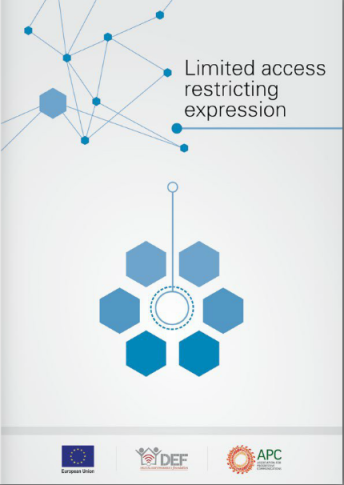
India is a country of paradox. In the era of information revolution, while India stands ranked among the top five contributors of the people who are online, it is also one of the top countries where more than 80% of the people have no access to internet, while more than 70% of women in rural India do not have access to a mobile phone. Through this research, Digital Empowerment Foundation (DEF) analyses free speech and expression in the online sphere, while diving deep into India’s societal structure to understand how people express themselves online.
This country report is the foundation upon which DEF is engaging with stakeholders to build capacities at the local level, advocate for policies to support and strengthen human rights online, and build institutional linkages so that all stakeholders can bring about systemic change across India with respect to freedom of expression.
The research further aims to understand how people in India exercise their freedom of speech and expression, both online and offline, using the APC-La Rue Framework. Based on this framework, it examines the constitutional and policy frames in India and international human rights mechanisms as they relate to various aspects of freedom of expression online, such as access, arbitrary blocking of content, communications surveillance, criminalisation of legitimate expression, the role of internet intermediaries, women’s human rights and internet governance at the global level.
Limited Access Restricting Expression forms part of the baseline research conducted by the project APC-IMPACT (India, Malaysia, Pakistan Advocacy for Change through Technology), which aims to address restrictions on the internet by promoting and protecting internet rights.
Written by:
- Ritu Srivastava and Niki Shah
Edited by:
- Deborah Brown
APC copy editor:
- Valerie Dee
Data analysts:
- Maubani Dutta, Bijo Abraham and Rahul Choudhary